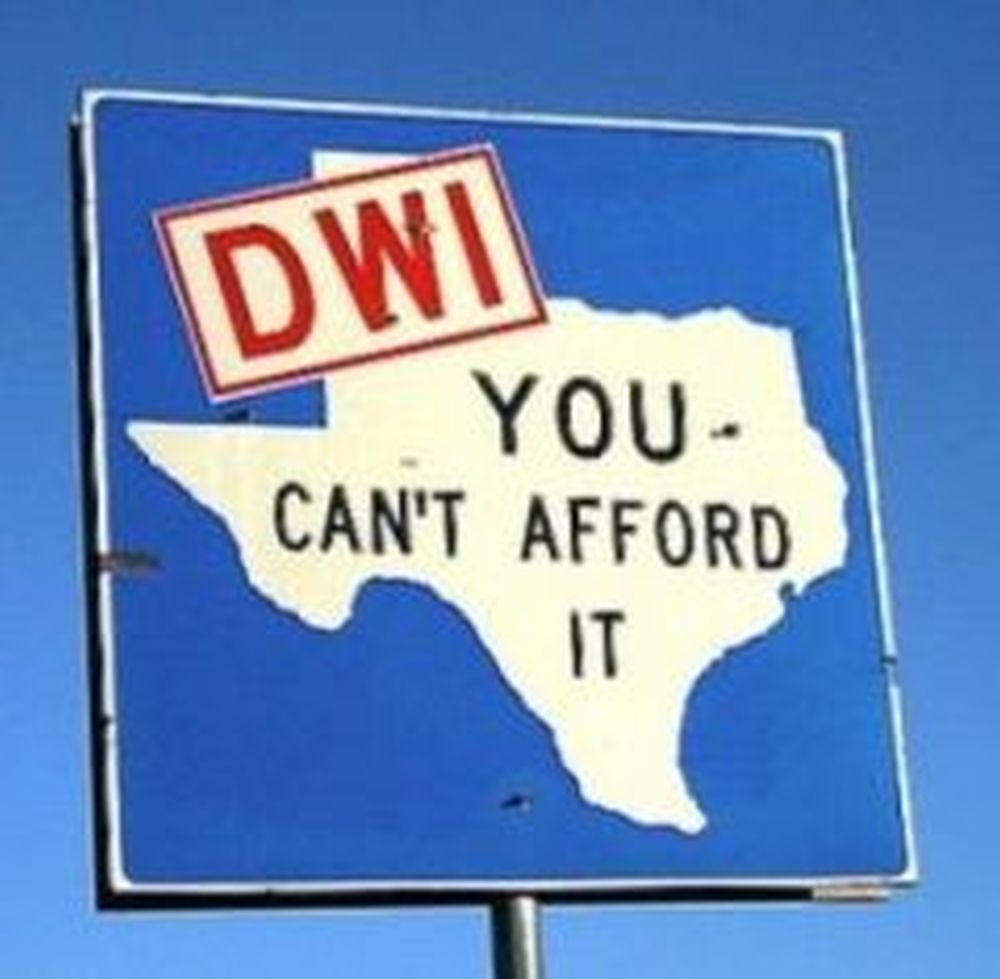It's a coincidence that many people underestimate the legal repercussions of auto insurance fraud. You might think a quick scheme could save you money, but the reality is far more complex. Charges can range from misdemeanors to felonies, impacting your life in ways you might not expect. With potential imprisonment and hefty fines looming, the risks extend beyond just you. What happens to honest consumers when these fraudulent claims start to pile up?
When you think about auto insurance fraud, it's important to recognize the vital legal risks involved. This crime encompasses intentional deception aimed at obtaining undeserved benefits from insurance companies. Common practices include staging accidents or falsifying claims, both of which can lead to serious legal repercussions. Depending on the severity of the offense, these actions can result in charges that range from misdemeanors to felonies. Felony charges, in particular, carry severe penalties, including long-term imprisonment and hefty fines, especially in jurisdictions where large-scale fraud is prosecuted more aggressively. Understanding the essentials of car insurance can help individuals make informed decisions and avoid pitfalls that may lead to fraudulent activities.
Auto insurance fraud manifests in various forms, each with unique implications. Organized fraud involves groups collaborating to stage accidents and file exaggerated claims, while premeditated fraud entails individuals making false claims for damages or services that never occurred. Opportunistic fraud occurs when policyholders inflate legitimate claims, and agent fraud can involve insurance agents embezzling premiums or selling fake policies. The most common schemes typically include exaggerated injury claims or fabricating medical treatments. Understanding these types helps highlight the different legal risks associated with fraudulent activities.
Auto insurance fraud comes in various forms, each carrying unique legal risks and implications for offenders.
The legal consequences of insurance fraud can be far-reaching. Convictions often lead to substantial fines, restitution, and possible imprisonment. The penalties vary greatly across jurisdictions and depend on the extent of the fraud. For instance, in Florida, small-scale fraud might be classified as a third-degree felony, while larger sums can escalate to second or even first-degree felonies. Criminal charges for insurance fraud can vary from misdemeanors to felonies, emphasizing the serious nature of these offenses.
Beyond immediate legal repercussions, a conviction can result in the loss of professional licenses for certain individuals, and long-term imprisonment may be a possibility for those involved in considerable or repeated offenses. The personal and professional repercussions of an insurance fraud conviction can be devastating. Such a conviction can tarnish your reputation, making it challenging to secure future employment.
The stigma associated with fraud can lead to a decrease in job opportunities, as many employers may hesitate to hire someone with a fraud-related background. Additionally, the loss of professional licenses and certifications can further complicate your career path. Trust-building in professional environments becomes exceedingly difficult after a fraud conviction, and insurance companies may cancel policies or deny future coverage outright.
The financial impact of auto insurance fraud extends beyond individual offenders; it affects society as a whole. Billions of dollars are lost annually to fraud, leading to higher insurance premiums for honest consumers. In places like Canada, the costs of auto insurance fraud greatly impact the economy, forcing insurance companies to pass these expenses onto consumers. This creates a cycle of economic inefficiencies and resource misallocation, ultimately affecting everyone in the system.
To combat this pervasive issue, insurance companies are increasingly collaborating with law enforcement. They leverage advanced technology to detect fraudulent patterns and anomalies while encouraging the reporting of suspicious activities. Regular audits and public awareness campaigns also play vital roles in educating consumers about common fraud schemes and prevention strategies.
Understanding the legal and financial risks associated with auto insurance fraud can help you navigate this complex landscape more effectively.
Conclusion
To conclude, engaging in auto insurance fraud can lead to severe legal consequences, including hefty fines and imprisonment. Notably, the National Insurance Crime Bureau reports that fraudulent claims contribute to an estimated $80 billion in annual costs to consumers. This staggering figure highlights how fraud not only impacts the offenders but also innocent policyholders, who ultimately bear the financial burden through increased premiums. Staying honest isn't just a legal obligation; it's a way to protect yourself and your community.

